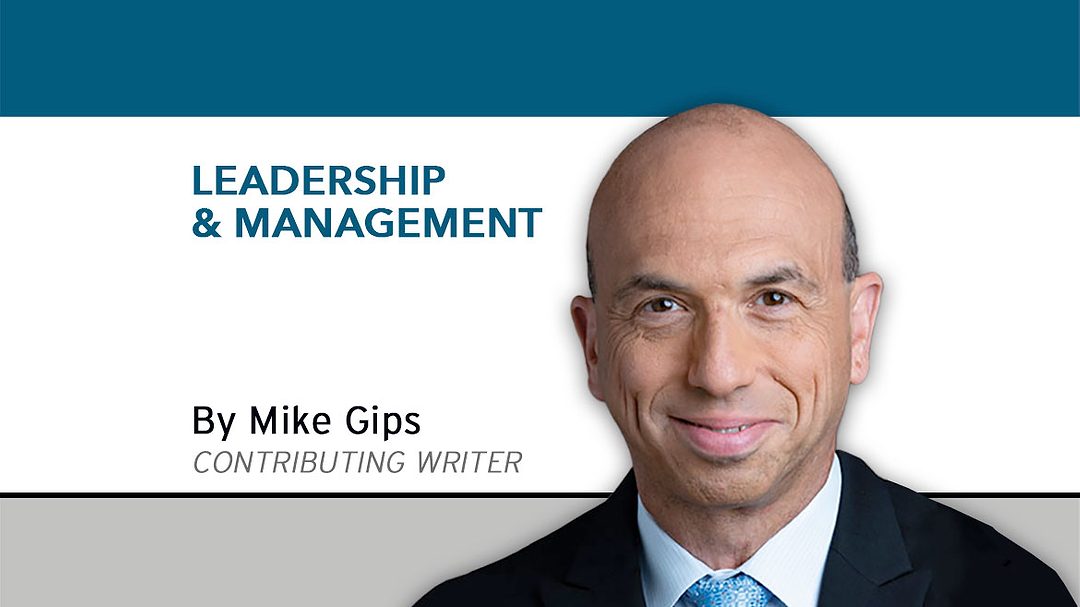FedEx. Yahoo! McKinsey & Company. 3M. Salesforce. BNY Mellon. Sounds like the makings of a pretty good investment portfolio, a nice blend of traditional firms and disruptive technology. Yet all of these companies have been shedding jobs in 2022 and 2023.
At least 3,000 Morgan Stanley staff members are finding themselves “divested” from their former employer. Dropbox is dropping 16% of its personnel. The Gap? Two thousand ex-employees now confront a gap in their resumes. Jenny Craig is on a crash diet to trim its payroll and Lyft is kicking about a quarter of its workplace to the curb.
Among the victims are security professionals, from guards to chief security officers (CSOs). If you define yourself by your vocation, and your job is gone, how do you maintain leadership? I posed this question to three security leaders whose former employers recently made their positions redundant.
Tim Wenzel had spent nine years at Meta, seven as the Head of Protective Intelligence and Technical Countermeasures, when he became victim to mass layoffs at the tech giant. Now, he serves as the Associate Managing Director, Security Risk Management at Kroll. He survived his interim experience by leaning into the leadership roles outside of Meta that he had developed earlier in his career.
“I got involved in ASIS’s ESRM steering committee, which solidified my subject-matter expert (SME) credibility,” he recalls. “It got other people to look at me outside of my company or role.”
He subsequently got involved with the Security Industry Association (SIA), began regularly presenting at ISC West, and worked with a mentor through SIA. He eventually cofounded The Kindness Games, which I wrote about in this column in December 2021. These opportunities “let me lead outside of my role,” Wenzel says.
“This was my first time being laid off as a leader,” he reflects. “I thought when I got laid off, I would lose. But people shockingly continued to reach out for advice and guidance, and not necessarily about my previous role or duties.”
Wenzel’s colleague at Meta, Developer Platform Investigations Manager Altaf Bora, suffered a similar fate at Meta, but found a role as Director of Data Center Operations at Metro One within six months. For him, maintaining a leadership role during the layoff lacuna came down to attitude.
“You’ve been let go — okay. Acknowledge the feelings and accept it. Take some time to process what happened,” Bora advises. “The big thing I had to learn is about being a leader even if you don’t have a role — you still have people looking at you. I knew people were watching me. I’m going to map out how to bounce back even higher.”
In fact, Bora cleverly used the experience to become a leader on how to navigate a layoff. Rather than mope, Bora threw himself into his graduate degree program, physical fitness, speaking engagements, and podcast appearances. “I was using the recovery time to show people, you can still live a healthy life and work 60-70 hours a week.”
Key to this journey was Bora’s social media presence. “If you don’t communicate, people will think you gave up,” he says.
Phillip Moldoff, after leaving New Relic, a cloud software company where he served as Head of Global Safety and Physical Security until April of this year, has adopted a similar approach. Since his position was eliminated, Moldoff has increased his LinkedIn posting frequency to raise his profile and showcase his expertise, with conference speaking opportunities in his sights. He has been scouring the security press for valuable articles and reports to keep up on trends. He regularly engages with the 400 or so members of Silicon Valley Security Group (SVSG) via mentoring, business development and information sharing.
These three professionals demonstrate that job disruption is not fatal to leadership. In fact, it can even catalyze leadership development in new areas or to different audiences.
As Wenzel puts it, “I don’t see my identity in the job title that I have. It’s important to be a person with purpose, such as goals and an active community, beyond work.”
Keep that in mind if you are ever dropped by Dropbox, separated from David’s Bridal or discontinued by Paramount.








